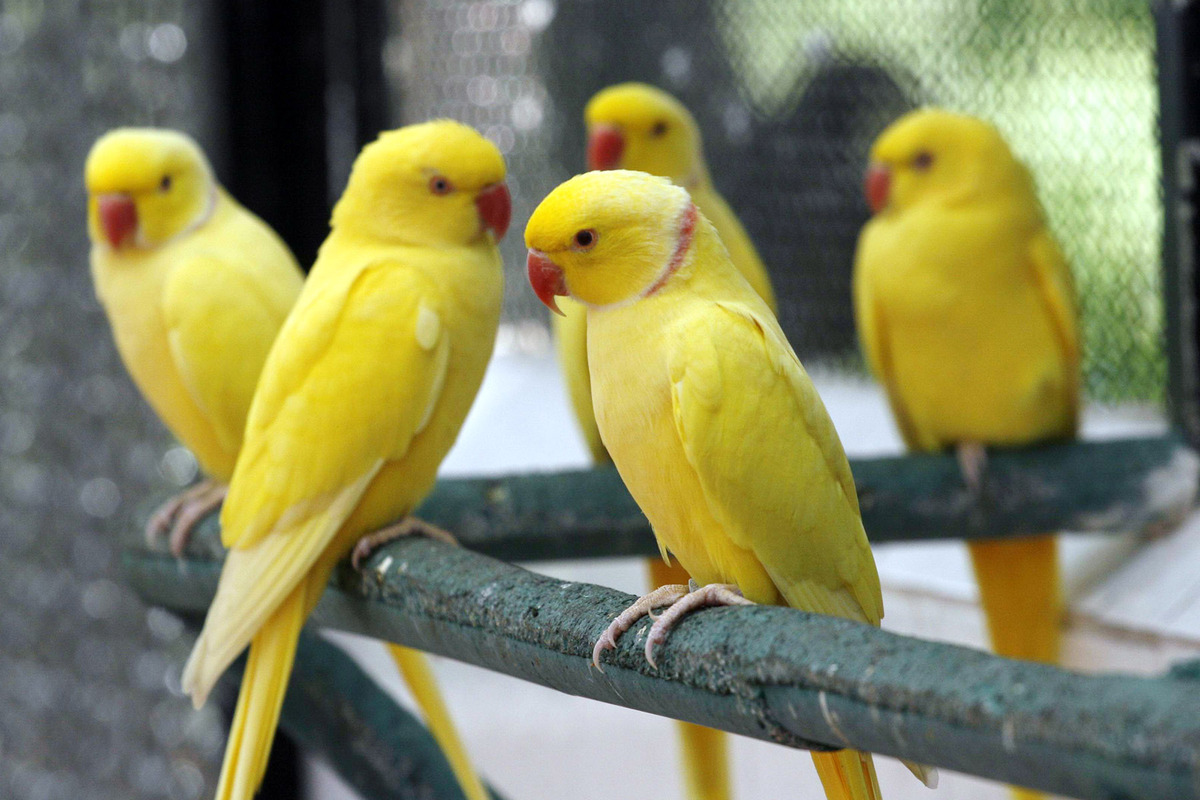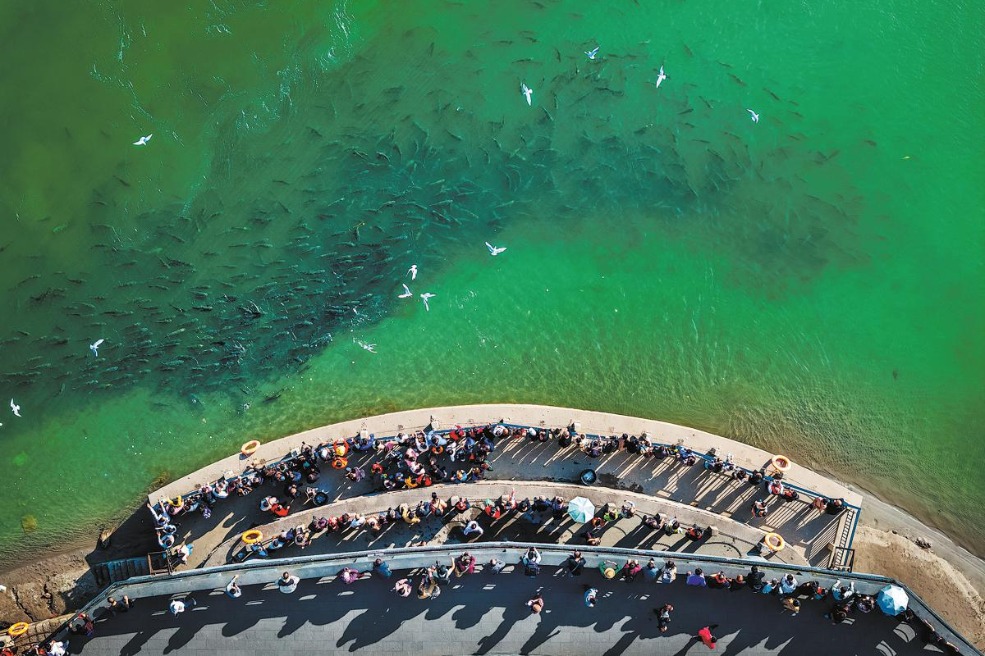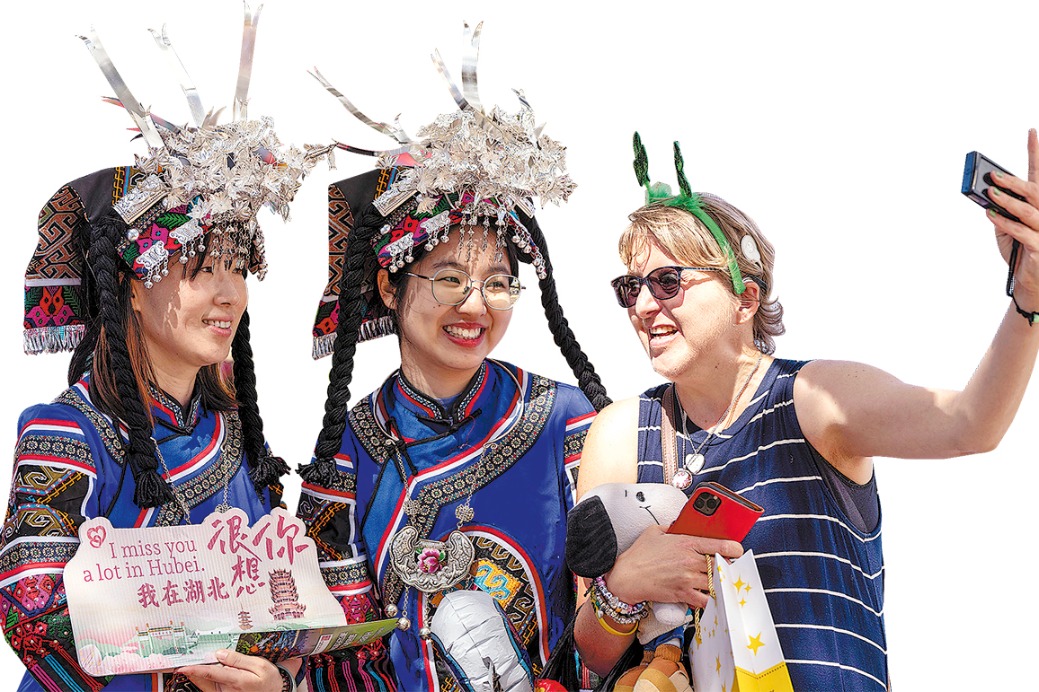Feathers across borders
Hong Kong's lesser-known role as a sanctuary for endangered species reveals a new facet of the city's ecology. This bustling metropolis plays a vital part in reversing biodiversity loss and supporting conservation beyond its limits. Rebekah Zhang and Kira Jiang report from Hong Kong.


Parakeet revival
Hong Kong's population of rose-ringed parakeets serves as a genetic reservoir, enabling the reestablishment of a stable wild population in the Guangdong provincial capital through captive breeding and rewilding programs.
Kent Chan - a Guangzhou-born "bird nerd" - moved to Hong Kong at a young age before returning to his hometown for parrot conservation, having spearheaded breeding programs over decades. "I remember seeing wild parakeets in Guangzhou's parks when I was a child," he recalls. "But, they have gradually disappeared due to poaching and habitat loss."
One day, Chan unexpectedly reunited with the rose-ringed parakeet in Hong Kong. "I was taking a break at Kowloon Park. When I looked up, I just saw it perched on a tree. I was so surprised." Observing the city's thriving urban population, he saw the possibility of utilizing Hong Kong's established parakeet populations to reintroduce the species in Guangzhou.
Chan used to study artificial parrot breeding techniques in Singapore. "At that time, these techniques were a complete blank slate in China. I wanted to apply the expertise to address China's then-limited capabilities in the field," he says. "If parakeets can survive in Hong Kong, they can definitely make it in Guangzhou too."
Having the techniques and the breeding stock, Chan returned to Guangzhou and founded the Avian Joy Conservation Centre, which later became the South China Research Base for Endangered Animals under the Guangdong Academy of Sciences, in 2006.
At the conservation center, Chan made tens of clay pots as alternatives for bird nests, and collected lines of jars of traditional herbs for treating bird diseases. Driven by his initiatives and efforts, dozens of rose-ringed parakeets have been successfully rewilded and reintroduced into Guangzhou's urban ecosystems.
In August, wildlife monitors spotted stable populations of rose-ringed parakeets flourishing in Guangzhou's Haizhu Wetland - a sign that the colorful birds are now calling the city home again after 44 years.
The breakthrough has not only revitalized local biodiversity and ecosystem resilience, but also established critical methodologies for future native species rehabilitation programs.























